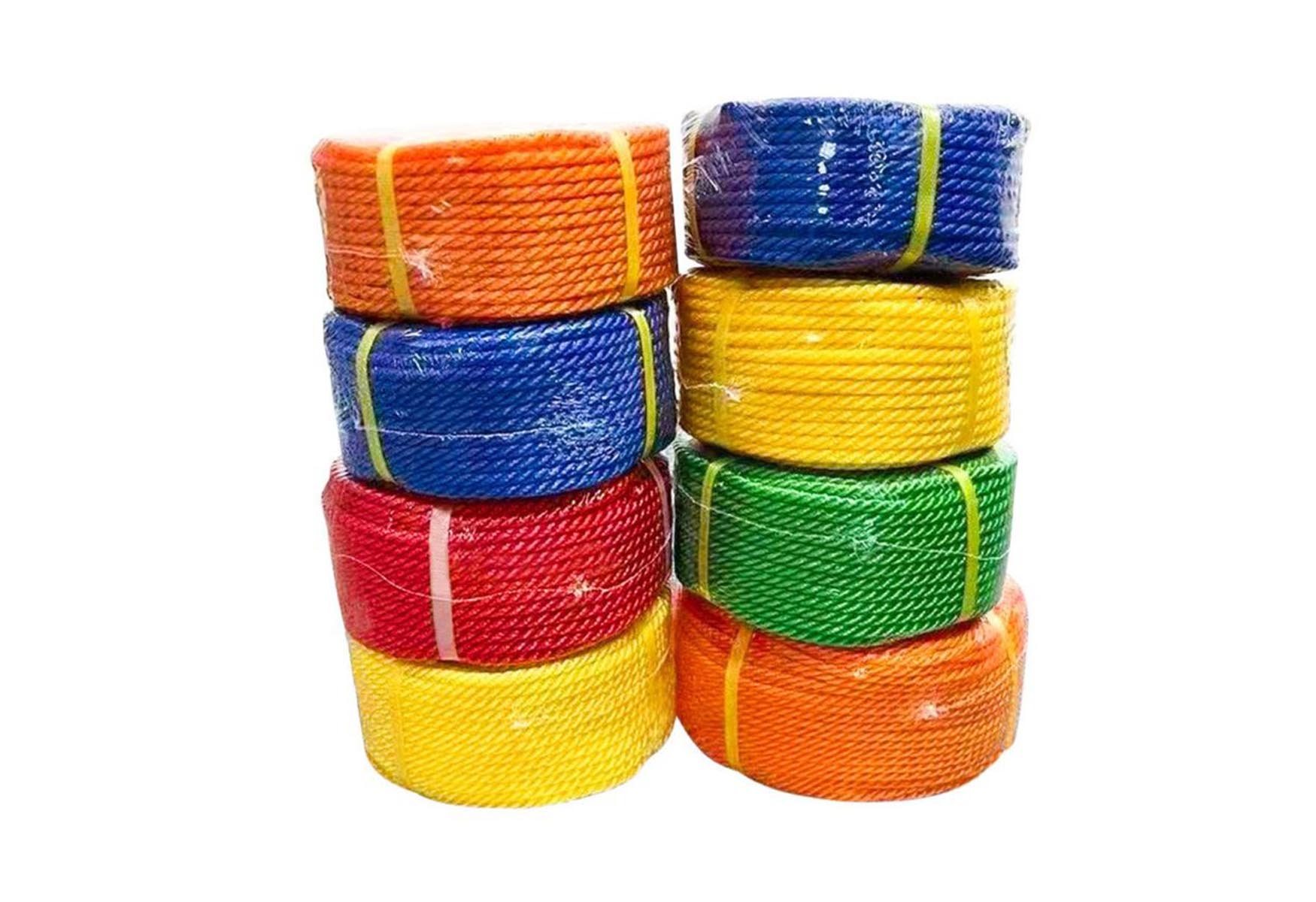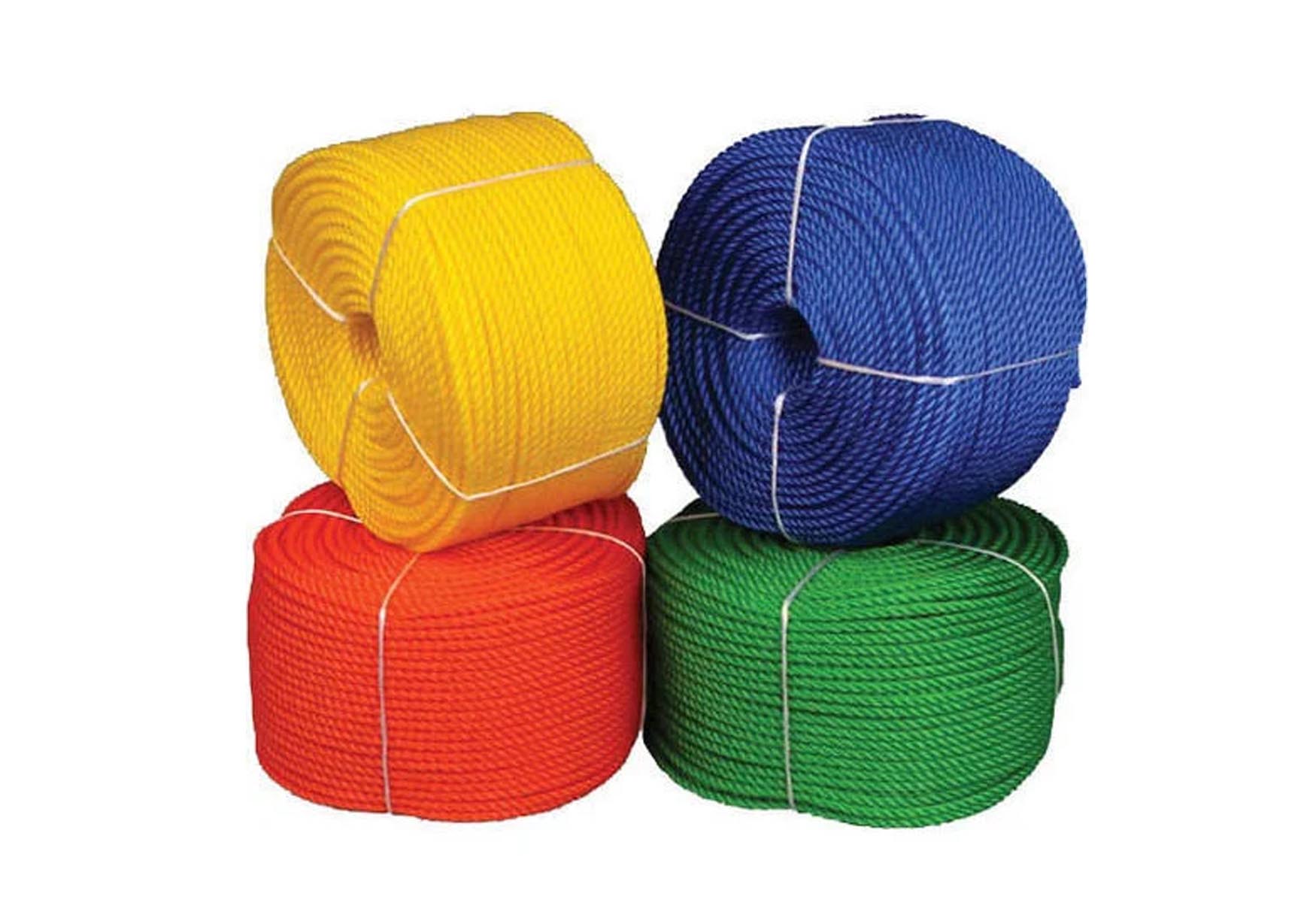Ropes
Ropes are strong, flexible lengths of fibers, threads, or wires twisted or braided together to form a durable cord used for lifting, pulling, binding, or securing loads. They have been an essential tool since ancient times, evolving from natural materials like hemp, jute, cotton, and coir to modern synthetic fibers such as nylon, polyester, and polypropylene. Each material type offers unique benefits—natural ropes provide excellent grip and environmental friendliness, while synthetic ropes deliver superior strength, elasticity, and resistance to water, UV rays, and chemicals. The structure of a rope—whether twisted (laid) or braided—affects its flexibility, load capacity, and durability, allowing for wide adaptability in industrial, marine, and household applications.
Ropes are used in countless sectors including shipping, construction, agriculture, sports, and safety operations. In marine and fishing industries, they are vital for mooring, towing, and net handling, while in construction, they serve for lifting heavy materials and supporting scaffolding systems. Outdoor and adventure activities like climbing, camping, and rescue work depend on high-tensile ropes for safety and reliability. The combination of strength, flexibility, and resilience makes ropes indispensable for tasks requiring controlled tension and secure handling. Modern advancements have also led to specialized ropes with enhanced load-bearing properties and longer lifespans, ensuring performance even under demanding environmental conditions.

